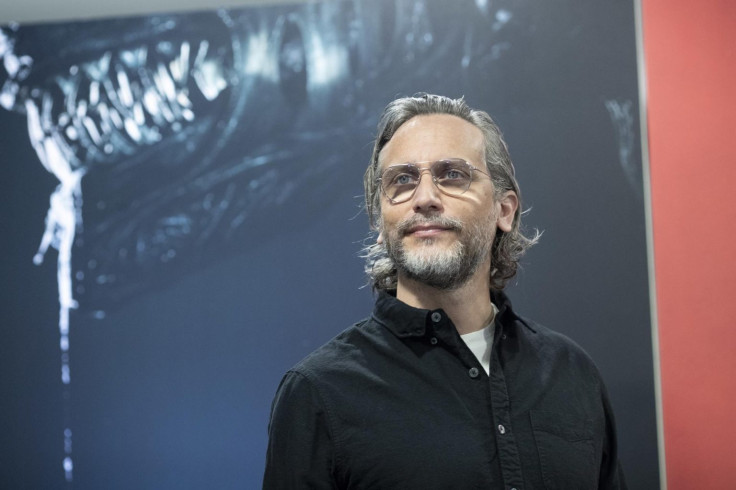
Fede Álvarez has done it again. The Uruguayan director known for his knack for breathing life into horror franchises has struck gold with "Alien: Romulus." The latest installment in the storied "Alien" series has not only captured the imagination of fans but also shattered box office expectations, raking in an impressive $108.2 million globally in its opening weekend.
For Álvarez, the journey to "Alien: Romulus" was not just about revisiting a beloved franchise but also about pushing the boundaries of horror and science fiction. In an interview with The Latin Times, the Latino filmmaker shared insights into the creative process behind the film and what it means for the future of the Alien franchise.
From the outset, Álvarez and his longtime collaborator, Mexican screenwriter Rodo Sayagues, were clear about one thing: "Alien: Romulus" needed to capture the essence of the original films. "We wanted to bring back that visceral, edgy feel that made the first Alien movie so terrifying," Álvarez explained. "Our story had to fit within that timeline, between Ridley Scott's 1979 original and James Cameron's "Aliens" in 1986."
The decision to use practical effects, such as puppetry and animatronics, instead of CGI, was a deliberate one. "There's something about seeing a real creature on screen that CGI just can't replicate," Álvarez said. "The audience feels the fear more intensely when they know what they're seeing is physically there."
Embracing the Legacy While Introducing New Elements
Despite its strong ties to the original films, "Alien: Romulus" was not without its innovations. Álvarez was keen on exploring new ways to terrify audiences who are already familiar with the iconic Xenomorphs. "The challenge was to make the monsters even more menacing, more ruthless," Álvarez noted. "We couldn't just rely on the creature showing up; we had to show just how dangerous it really is."
This approach has resonated well with audiences and critics alike, with the film earning an 86% approval rating on Rotten Tomatoes. "It's a testament to how well we balanced the old with the new," Álvarez said.
Another key decision was casting younger, relatively unknown actors in the lead roles. "When a young character dies on screen, it hits the audience harder," Álvarez explained. "It's a reminder of how fragile life is, especially in a world as unforgiving as the one we've created in "Alien: Romulus."
The fresh faces, including Cailee Spaeny, Isabela Merced, and David Jonsson, brought new energy to the franchise. "They were fearless in their performances, which is exactly what this movie needed," Álvarez said.
The Director's Role in Modern Franchises
Álvarez also touched on the role of directors in franchise films, expressing concern about the diminishing influence of directors in the modern Hollywood landscape. "It's disheartening when the director's name isn't even mentioned in trailers anymore," he said. "With Alien, the director's vision is crucial. It's what makes each installment unique."
Despite the challenges, Álvarez, one of the most respected Latino filmmakers in Hollywood, remains optimistic about the future of the Alien franchise. "As long as we stay true to what makes these films special, I believe there's a lot more to explore in this universe," he concluded.
With "Alien: Romulus," Fede Álvarez has not only proven that the Alien franchise still has life in it but also that he is a director who understands the delicate balance between honoring a legacy and forging a new path. As audiences continue to flock to theaters, it's clear that Álvarez's vision for Alien has struck a chord, setting the stage for future installments.
© 2025 Latin Times. All rights reserved. Do not reproduce without permission.





